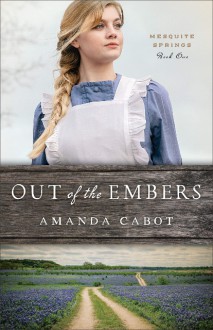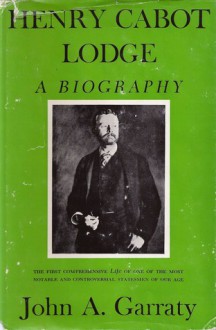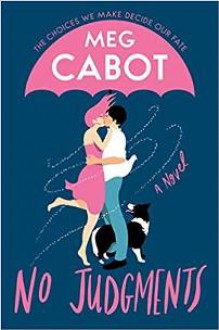
Beginning a new series always evokes a special joy, and as nice as it is when all of the books have been published and can be read back-to-back, there is a certain thrill that comes with following each book as it first releases. This feeling is augmented when the author is new, either to the writing world itself or to the individual reader. Such proved to be the case with “Out of the Embers” by Amanda Cabot, whose work I have hitherto not had the opportunity to read. What immediately appealed to me, even before knowing any details about the synopsis, was the cover. The young woman (Evelyn) stands with her head to the left, facing a light breeze and gazing into the distance with both hope and a degree of wariness. Below a title banner made of a wooden plank, a dirt road stretches on through fields of bluebonnets. As I read, the significance and aptness became clear.
A captivating mixture of genres, “Out of the Embers” offers a tenderhearted, tragic, mysterious journey through the lives of Evelyn Radcliffe (later Radner when she changes her name) and Polly, the little girl she has vowed to keep safe. I did not read the plot summary prior to picking up this book, and this enhanced the reading experience for me because I did not expect the pivotal event at the beginning of the novel. Throughout the story, Cabot interjects a few chapters that interrupt the flow of the narrative; their significance does not become fully apparent until the final chapters, but they add to the aura of mystery. As for the romance, it is tender and gradual and does not overwhelm the other aspects of the story, which I appreciated, and the secondary characters are likewise well-developed. Dorothy and Isolde, in particular, blossomed in this book, and I am interested in seeing what the future has in store for Sam and especially for Caleb, the latter of whom seems to have faded into the background by the last third of the novel. I love Cabot’s resolution of Evelyn’s story, and I find it particularly fitting for Easter, although its significance never goes out of season.
I received a complimentary copy of this book from Revell and was under no obligation to post a positive review. All opinions are my own.

 Log in with Facebook
Log in with Facebook 









